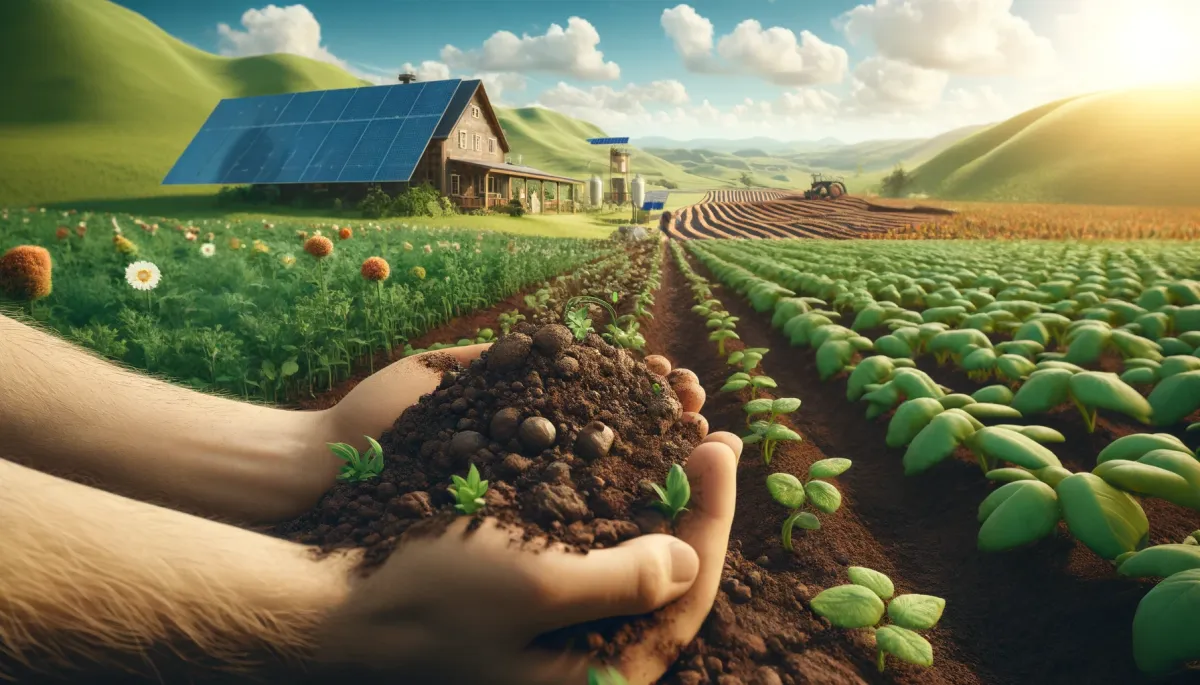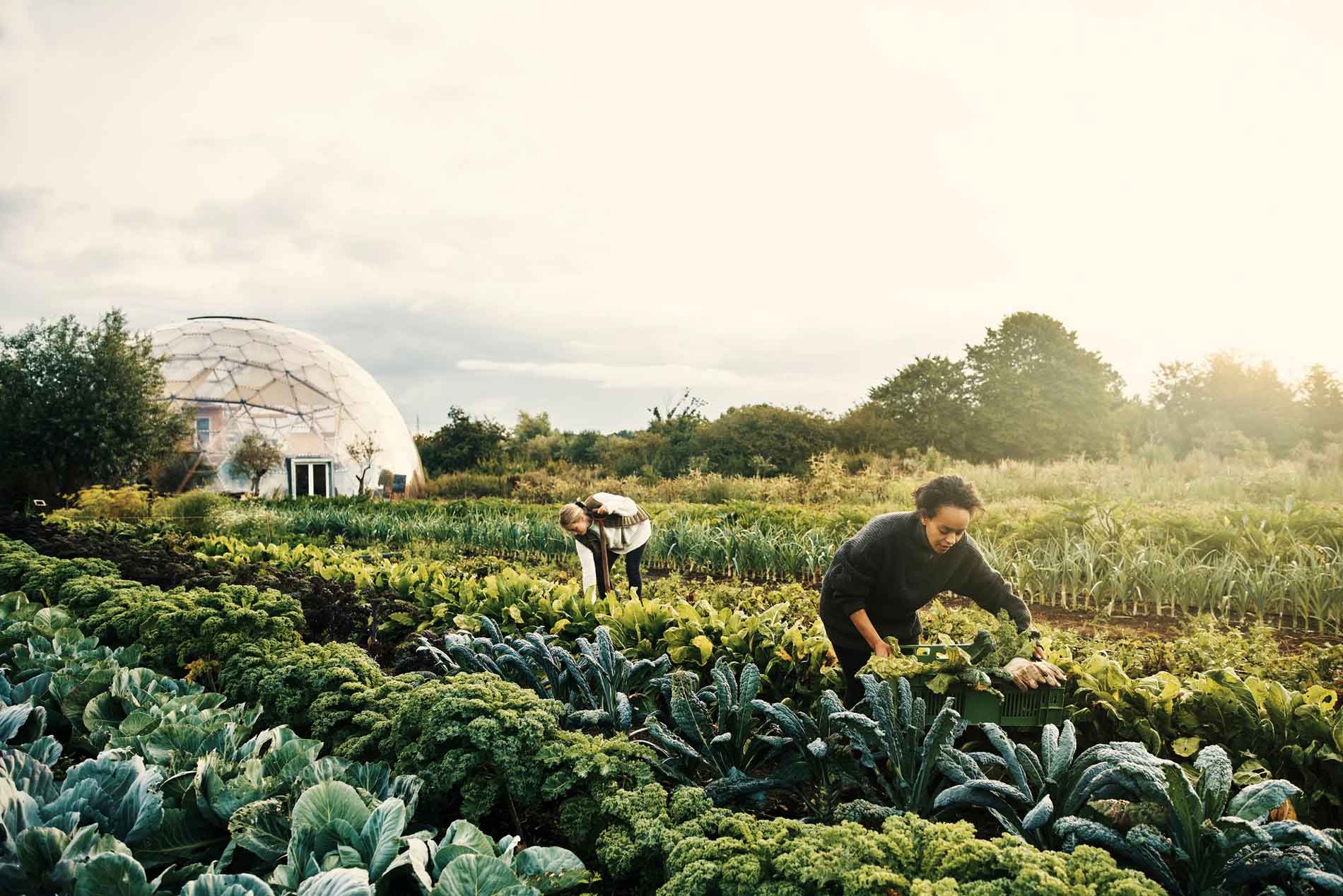In today's society, sustainable farming is considered one of the key strategies to promote agricultural development and protect the environment. It emphasizes maximizing the use of natural resources, reducing negative impacts on the environment, and ensuring the long-term ecological and economic stability of agricultural systems. The following is a reference article on the benefits of sustainable farming:
Sustainable farming: Promoting the harmonious development of agriculture and the environment
With the growth of the global population and the increasing shortage of resources, agricultural production faces unprecedented challenges. In this context, sustainable farming, as a comprehensive agricultural management concept, is committed to improving production efficiency while minimizing negative impacts on the environment, opening up new possibilities for future agricultural development. This article will explore the multiple benefits of sustainable farming and its important role in achieving agricultural sustainability and ecological health.
1. Protecting soil health
Sustainable farming focuses on protecting and improving soil quality, reducing soil pollution and erosion by chemical pesticides and synthetic fertilizers through measures such as organic fertilizers, crop rotation, cover crops and green manures. These practices help increase the organic matter content of the soil and improve the soil's ability to retain water and fertilizer, thereby protecting and improving the long-term production capacity of farmland.
2. Protect water resources
In sustainable farming, water-saving irrigation technologies such as drip irrigation and sprinkler irrigation are used to precisely control the amount of water used, reduce water waste and groundwater level decline. At the same time, by protecting natural water bodies and wetlands around farmland, pesticides and fertilizers are prevented from running into rivers and lakes, water pollution is reduced, and the health of the water ecosystem is maintained.
3. Promote biodiversity
Sustainable farming promotes biodiversity around farmland through diversified planting, biological control, and protection of natural habitats. Biodiversity not only helps to improve the resistance of agricultural production systems to pests and diseases, but also provides ecosystem services such as pollination, soil protection, and water purification, providing long-term ecological support for agricultural production.
4. Reduce carbon footprint and greenhouse gas emissions
Sustainable farming reduces energy consumption and carbon emissions in agricultural production by reducing the use of fertilizers and fuels. The use of organic agriculture and low-water irrigation technology can help reduce greenhouse gas emissions, combat climate change, and reduce agriculture's dependence on fossil energy.
5. Improve the quality and market competitiveness of agricultural products
Sustainable farming not only helps to improve the quality and safety of agricultural products, but also meets consumers' demands for health and environmental protection, and enhances the market competitiveness of products. Consumers are increasingly inclined to choose sustainably produced agricultural products, which also creates more market opportunities and economic returns for farmers.


Conclusion
In summary, sustainable farming, as a comprehensive agricultural management strategy, not only helps to improve the economic and ecological benefits of agricultural production, but also provides important guarantees for future food safety and environmental health. Sustainable farming has made important contributions to the harmonious development of agriculture and the environment by protecting soil, saving water resources, promoting biodiversity, reducing carbon emissions and improving the quality of agricultural products.

